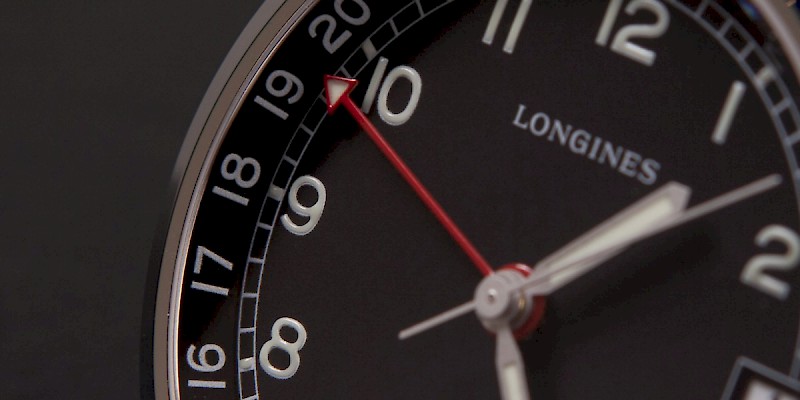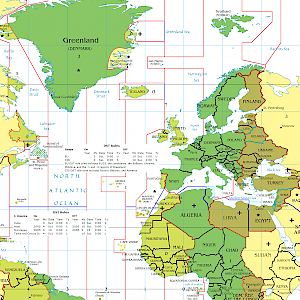The 24-hour clock

When to use the 12-hour or 24-hour clock, what "half twelve" means, and what time zone the U.K. is in
In conversation, most Brits use the 12-hour clock, as do most North Americans—so nine o'clock in the morning is "9am," and nine o'clock in the evening is "9pm."
The only linguistic wrinkle between American and British timekeeping is that the British have the "half [hour]" phrase, which means half past whatever hour mentioned—so if someone says "half five," they mean 5:30.
On many official schedules and such—train schedules, posted open hours—will use the 24-hour clock—known to us Yanks as "military time." So noon is 12:00, and when it gets to be 1pm they write 13:00, then 14:00 for 2pm, and so on. The day ends at 24:00 (that's midnight), after which there's a wee hour when the minutes tick off 0:01, 0:02, 0:03...
Just remember: If the hour is greater than 12, subtract 12 and add a "pm" in your head. That way, 18:00 becomes 6pm (time to start heading to dinner).
What time is it in the U.K.?
The UK is on Greenwich Mean Time—or GMT—which is usually five hours ahead of the East Coast of North America, eight hours ahead of the West Coast of North America, and one hour behind most of continental Europe.
However, GMT itself doesn't observe Daylight Savings Time, whereas the nations of the U.K. do, so uring DST (from mid-spring to mid-autumn) all of Great Britain (save the Greenwich Royal Observatory) is on GMT +1. » More on time zones







